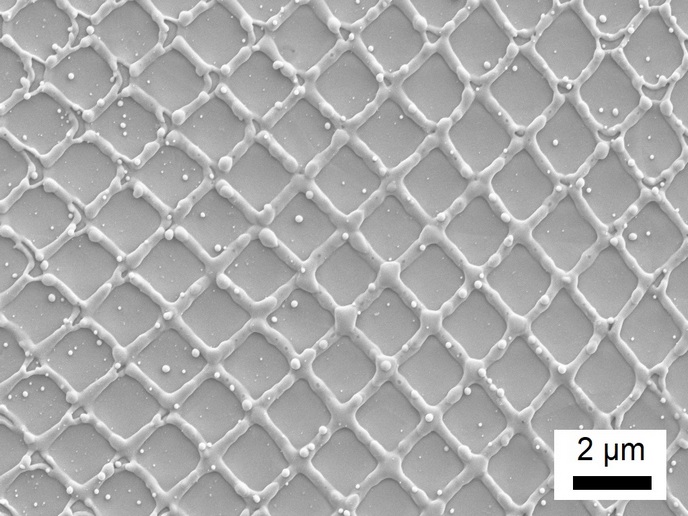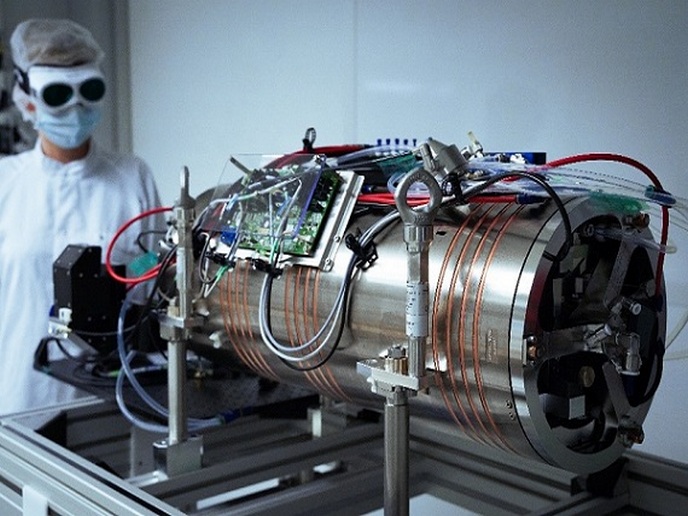AI empowers the smart workers of the future
AI solutions developed through the Factory2Fit (Empowering and participatory adaptation of factory automation to fit for workers) project have been designed to enable workers to have more influence over their work, and to take greater responsibility for their own learning and skills development. Final solutions were piloted in industrial environments, and demonstrated the positive impact that AI can have on both productivity and worker well-being. Since project completion, some of these tools, such as a knowledge sharing system, have been integrated by industry project partners, while research partners are currently looking for further application opportunities. “An important lesson has been that when increasing automation in factories, technologies should be integrated smoothly with human expertise,” says project coordinator Eija Kaasinen from VTT in Finland. “For user acceptance and wide adoption, new solutions must take into account individual worker characteristics, skills and preferences.”
Human-centred solutions
Smart factories use ICT technologies to plan, monitor and control production. This has the potential to achieve operational efficiencies, support individual customer requirements and provide workers with more highly skilled jobs. Given rising concerns over the impact of automation on jobs however, it is critical that human-centred factory solutions are prioritised. In this respect, there is growing recognition that technology should not be seen as a threat, but rather as an opportunity to redesign work environments that take into account workers as skilled individuals. This was the overall concept of the Factory2Fit project. “Our aim was to pilot human-centred factory solutions, improve work flows and engage workers,” explains Kaasinen. “Any smart factory solution should keep in mind that the technology itself is not smart; it is the combination of advanced technology and human practical knowledge that is smart.” The Factory2Fit project began by observing and interviewing workers and other industrial experts to get a thorough understanding of their needs and expectations. Workers from pilot companies participated in numerous co-design and evaluation activities. Project partners then developed tools, designed to help workers fulfil their potential in the workplace.
Intelligent tools for skilled workers
Successful tools include an intelligent task distribution solution, developed as part of a wider Decision Support System to help factory supervisors allocate tasks. The tool uses an evolutionary algorithm that takes into account multiple criteria such as worker skills, capabilities and personal preferences. A Worker Feedback Dashboard was also developed to provide personal feedback on achievements and well-being. A number of solutions were designed to help workers influence their own work. A virtual factory for example was built to test and further develop ideas in co-design sessions with workers and other work community members. Novel gamification techniques were also used to encourage knowledge sharing. The tools have the potential to be applied in numerous industrial settings and work environments. “These solutions to engage the work community, including knowledge sharing, training and participatory design solutions, were piloted with industrial partners Continental (later CPT Group GmbH), Prima Power and UTRC,” says Kaasinen. “The pilots proved to be very successful, with 93 % of industrial users supporting the adoption of solutions. This indicates that workers are willing to take more active roles in designing their own work. An engaged work community is flexible and prepared for changes, because workers feel responsible, not only for their daily performance, but also for the future of the company. When people can influence their work, they experience their work as more meaningful.”
Keywords
Factory2Fit, AI, artificial intelligence, factories, smart, algorithms, workers, technology







